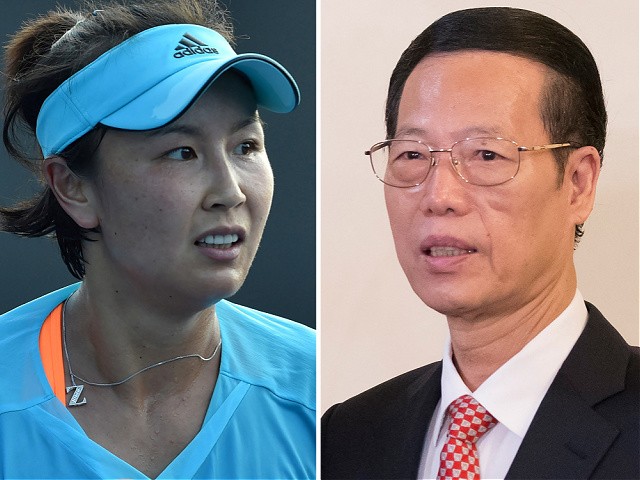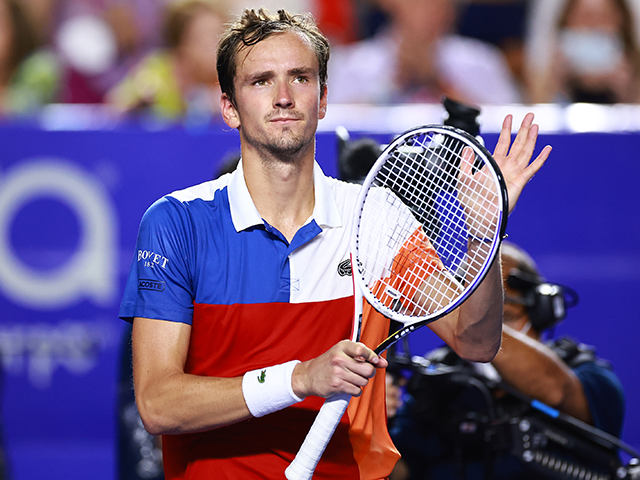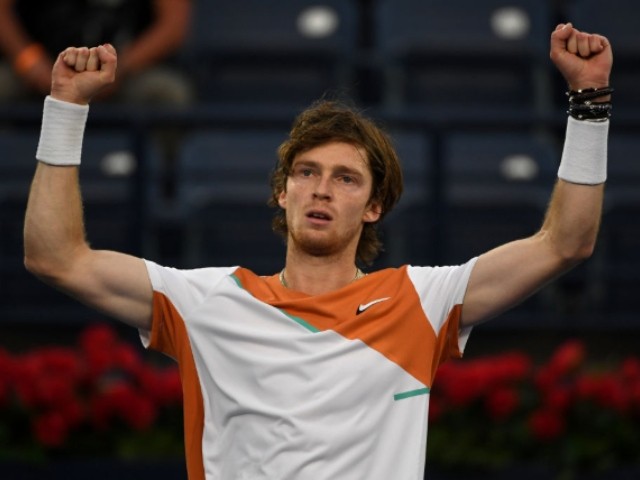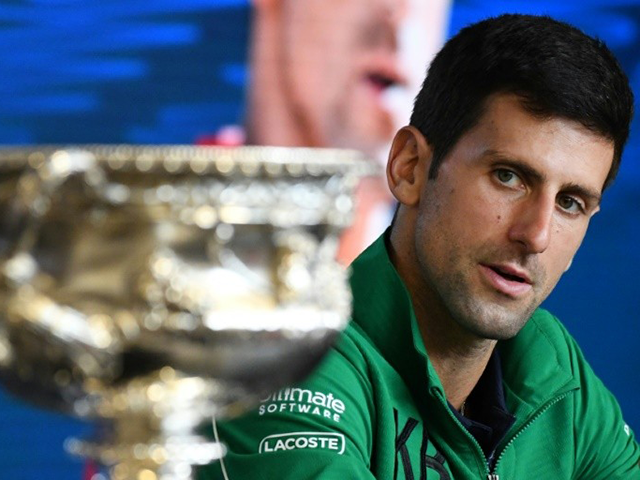The Championships at Wimbledon, one of the four most prestigious tennis tournaments in the world, began on Monday without the top-ranked men’s player in the world, who the tournament banned for being Russian.
The organization managing Wimbledon, the All England Lawn Tennis & Croquet Club, announced in April that it would ban players of Russian nationality from participating in the tournament in protest of the Russian government’s expanded invasion of Ukraine. Russia first invaded Ukraine in 2014, colonizing the country’s Crimean peninsula and credibly believed to be backing ethnic Russian separatist groups in the eastern Donbass region of the country. Wimbledon officials did not change the policies of the tournament in any way to address the first eight years of the war but responded to the escalation in February that resulted in Russian troops invading more western parts of Ukraine — including the capital, Kyiv — by banning Russian players.
Contrasting with its Russia policy, the Wimbledon tournament is allowing 11 Chinese players to participate this year despite the fact that international human rights experts agree that Beijing is currently engaging in genocide, runs upwards of 1,000 concentration camps for non-Han ethnic groups, and actively persecuted former Wimbledon champion Peng Shuai for accusing a Chinese government official of raping her last year.

This combination of file photos shows tennis player Peng Shuai of China (L) during her women’s singles first round match at the Australian Open tennis tournament in Melbourne on January 16, 2017; and Chinese Vice Premier Zhang Gaoli (R) during a visit to Russia at the Saint Petersburg International Investment Forum in Saint Petersburg on June 18, 2015. (PAUL CROCK,ALEXANDER ZEMLIANICHENKO/AFP via Getty Images)
Association of Tennis Professionals (ATP) men’s number one, Daniil Medvedev, and number-eight player Andrey Rublev are the top two Russian players absent from the tournament. Rublev’s ban appears especially logically challenging given his outspoken opposition to the Russian invasion of Ukraine in the face of widespread government repression of dissidents at home.
Wimbledon is the second Grand Slam tournament — the four most prestigious tournaments in tennis — to begin this year without the men’s top player in the world. In January, the Australian Open took place without then-number one Novak Djokovic after the Australian government forced him into a migrant detention facility and deported him for not receiving doses of a Chinese coronavirus vaccine candidate – after the government admitted it had issued Djokovic a legal visa to enter the country.
With Medvedev banned, Djokovic entered Wimbledon as the tournament’s top seed, followed by Rafael Nadal, who won both the Australian and French Opens this year. Nadal, who has now won the most Grand Slam tournaments in men’s tennis history after not having to face Djokovic in the Australian Open, is widely considered a favorite at Wimbledon, which he has won twice.
Wimbledon officials first hinted that Medvedev, as the world’s top Russian player, would have to publicly denounce Vladimir Putin to play in the tournament. British Sports Minister Nigel Huddleston said at a hearing in March that the government was considering intervening to keep Russian or Belarusian players — Belarus is a close ally of Moscow’s — out of the United Kingdom if they did not condemn Putin. The government ultimately did not have to intervene as tournament organizers unconditionally banned Russian and Belarusian players entirely.
Medvedev has said little about the ongoing war in Ukraine. In May, he called the situation “very upsetting” generally and lamented the possibility that he could not play Wimbledon because of it.
“I don’t know if this decision is like 100 percent and it’s over. … If I can play, I’m going to be happy to play at Wimbledon. I love this tournament,” Medvedev said at the time.
Rublev has vocally denounced his own government’s actions. In February, playing at the Dubai Championships, Rublev chose to write “no war please” on a camera lens after winning his quarterfinal match instead of signing the lens as has become customary in many tournaments.
“In these moments, you realize that my match is not important. It’s not about my match, how it affects me,” Rublev said of the war at the time. “What’s happening is much more terrible.”
Rublev denounced the ban on his participation due to his citizenship as “complete discrimination.”
“Banning Russian or Belarusian players … will not change anything,” Rublev said, arguing that Wimbledon should instead give the tournament’s prize money Ukraine as humanitarian aid.
The tournament did not take Rublev’s advice but did give out 1,000 free tickets to watch tennis matches to Ukrainian refugees.
Wimbledon’s decision proved extremely unpopular among other male tennis players. Djokovic, who had just faced a Grand Slam ban of sorts in Australia, called the expulsion of players based on their citizenship “crazy” when organizers announced the decision in April.
“I will always condemn war, I will never support war being myself a child of war,” Djokovic told reporters at the time, referring to his childhood in post-war Serbia. “I know how much emotional trauma it leaves. In Serbia, we all know what happened in 1999. In the Balkans, we have had many wars in recent history. However, I cannot support the decision of Wimbledon, I think it is crazy.”
“When politics interferes [sic] with sport, the result is not good,” Djokovic concluded.
Nadal, who took a high-profile stance condemning Djokovic during the Australian Open controversy, also opposed Wimbledon’s Russian and Belarusian player ban.
“It’s not their fault what’s happening in this moment with the war,” Nadal said in May. “I’m sorry for them. Wimbledon just took their decision. … The government didn’t force them to do it.”



COMMENTS
Please let us know if you're having issues with commenting.